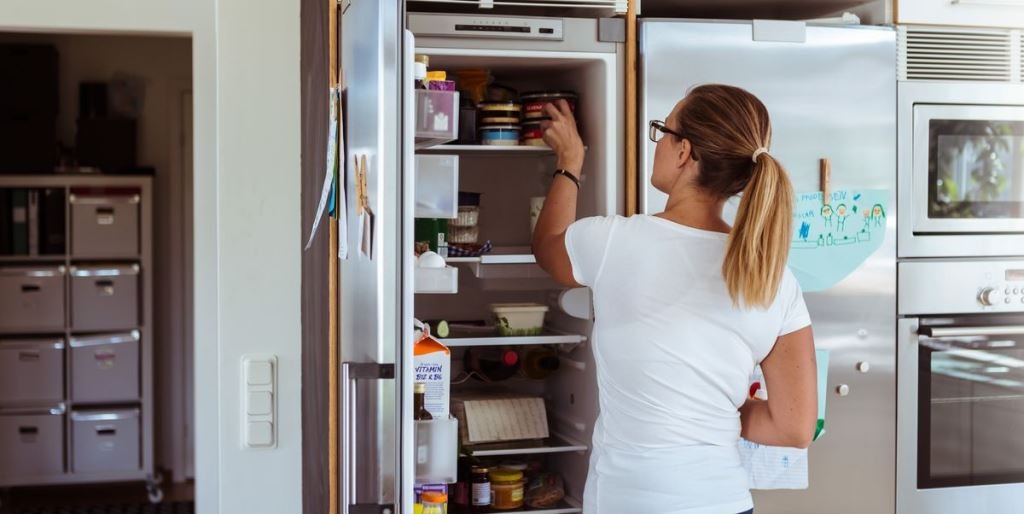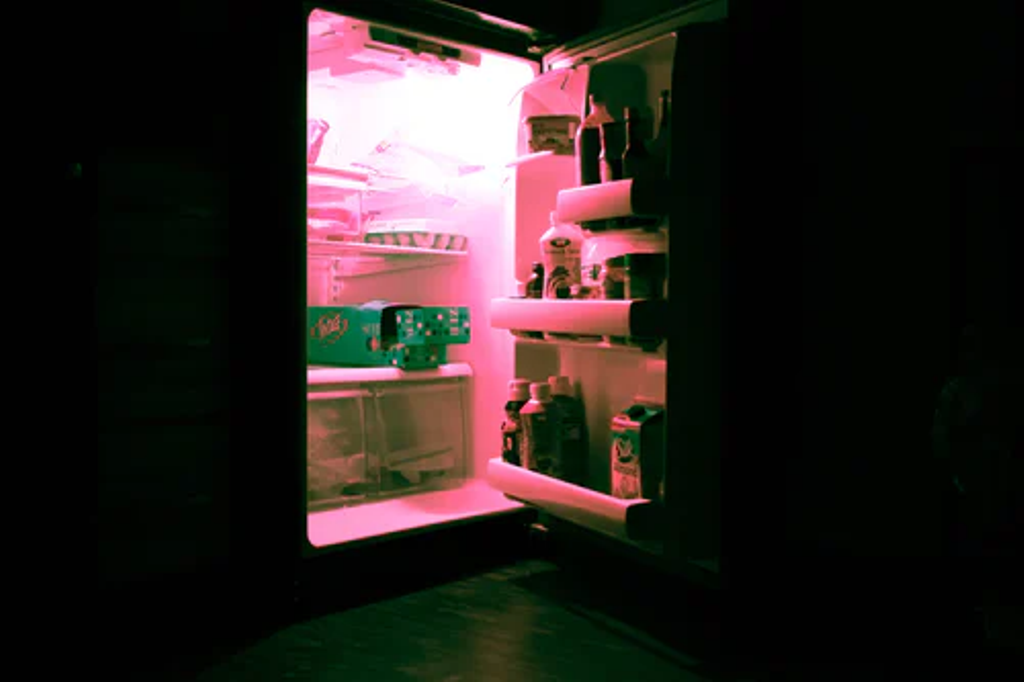In this modern-day and age, almost all household kitchens have a refrigerator that is used to store food. A refrigerator tends to make the shelf life of any food longer because the cooling process involved in it slows down bacterial growth. For instance, milk that is left at room temperature tends to spoil in a couple of hours, while if it is kept inside a fridge, it will last for a week or even more.
You may hear a constant gurgling sound from your refrigerator because this can be because of the freon boiling in the evaporator. However, there are also instances wherein you hear unfamiliar noises that can indicate certain issues that you need to address to ensure that your fridge will be fully functional for longer.
In this case, below are some tips on what you can do if your fridge starts to make these funny noises.
What is the sound generated?
- Clicking
There are various reasons why you may hear a clicking sound from your fridge. For one, this can be caused by dirty condenser coils. In this case, all you need to do is to clean it. For some models, the coils are behind the fridge, while for others, these coils can be found on the bottom.
A refrigerator clicking sound can also be caused by a failed compressor or a faulty start relay. In the case of the former, it is best to call a professional to handle the problem but in the case of the latter, you can replace the start relay effortlessly.
- Squealing Noise
There are instances wherein you may hear a squealing noise coming from your refrigerator and the sound can be comparable to a bird chirping. This may indicate that the evaporator fan of your fridge is not working properly.
Confirm this by checking whether your freezer cools adequately because the latter won’t function properly if the fan is damaged. Upon confirmation, empty the contents of your freezer and open it up with a screwdriver. From there, you will be able to see if the blades of the fan are operating smoothly or otherwise.
- Buzzing or Humming
When you hear a constant buzzing or humming sound coming from your refrigerator that grows louder and louder, then it is best that you already call the professionals to determine the problem.
The reason behind this is that this sound can be related to the electrical configuration of your fridge which can prove to be difficult to identify and repair accordingly. On the contrary, if you can isolate that the lights of the fridge cause the sound, then you may attempt to replace the lights yourself.
- Knocking
A knocking noise coming from your refrigerator can be a sign that its condenser is not working properly. It can also indicate that the fan motor is malfunctioning, whether it is already too hot or it has been running too hard. In this case, make sure to check your condenser, as well as the evaporator fan of your fridge, and repair them appropriately.
Where is the sound coming from?
To be able to address the issues of your fridge properly, you can first isolate where the sound is coming from because this will give you a good idea of which component is most likely damaged or needing repair. In this case, verify if the sound is coming from the back, bottom, or from the inside of the fridge.
- Back. In case you hear the sound coming from the back of your fridge, the first thing you can check is the condenser fan or the compressor.
- Bottom. For a rattling noise coming from the bottom of your fridge, it is most likely that you will find that the drain pan is the culprit.
- Inside. A sound coming from the inside of the refrigerator can be caused by the circulator fan, which is located behind an access panel at the back of your fridge.
In conclusion, to ensure that your refrigerator is working as expected, be conscious of the sounds that it makes. There are certain sounds that you don’t need to worry about such as gurgling, but there are also those which indicate a certain problem such as clicking, squealing, buzzing, or humming, as well as knocking.
You will be able to address these noises properly, depending on where you think they are coming from. While there are repairs that you can do by yourself, it is better to consult with a seasoned handyman in case you are not sure about what the problem is.





















